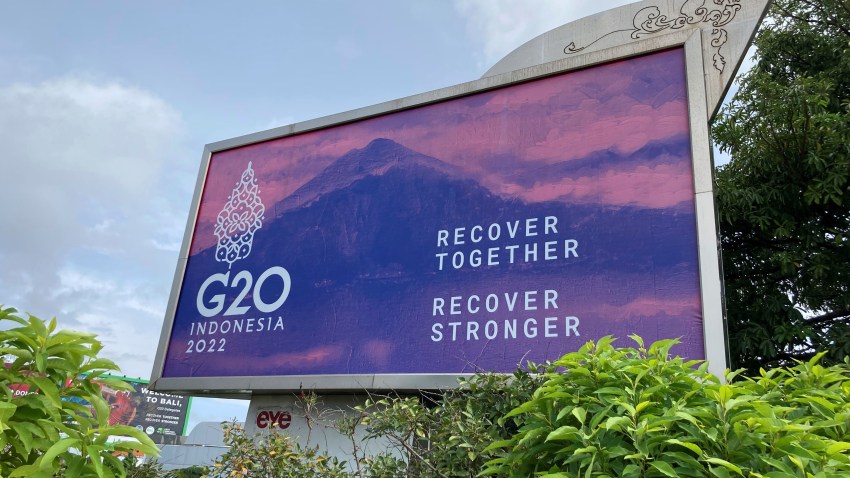Geopolitical tensions will dominate next week’s Group of 20 summit in Bali, as leaders of the world’s major advanced and emerging economies convene for the first time since Russia’s fateful invasion of Ukraine in February. When Indonesia assumed the group’s rotating presidency last December, the G-20’s primary focus was bolstering a halting and uneven recovery from the COVID-19 pandemic. Indonesian President Joko Widodo, this year’s host, chose a hopeful theme for his chairmanship: “Recover Together, Recover Stronger.”
Unfortunately, that togetherness has been sorely tested, not only by Russia’s war of aggression, but also by U.S.-China strategic rivalry and a growing estrangement between the global North and South. The resulting diplomatic and economic fallout has paralyzed much of the G-20’s substantive work. In this context, it will be a miracle if the summit even produces a joint communiqué, much less one of any significance.
Established as a network of finance ministers and central bank governors in 1999, the G-20 was elevated to the leaders’ level in late 2008, at the depths of the global financial crisis, and promptly declared itself the world’s “premier forum for global economic coordination.” Its emergence reflected a new fact of life: managing the world economy required the active participation of major emerging economies. The G-20 enjoyed initial success but ultimately fell victim to its heterogeneity. Once the urgency of the 2008 crisis had passed, it never established itself as an effective permanent global economic steering committee, and when the pandemic struck, it failed even to reprise its role as a global fire-fighter.

